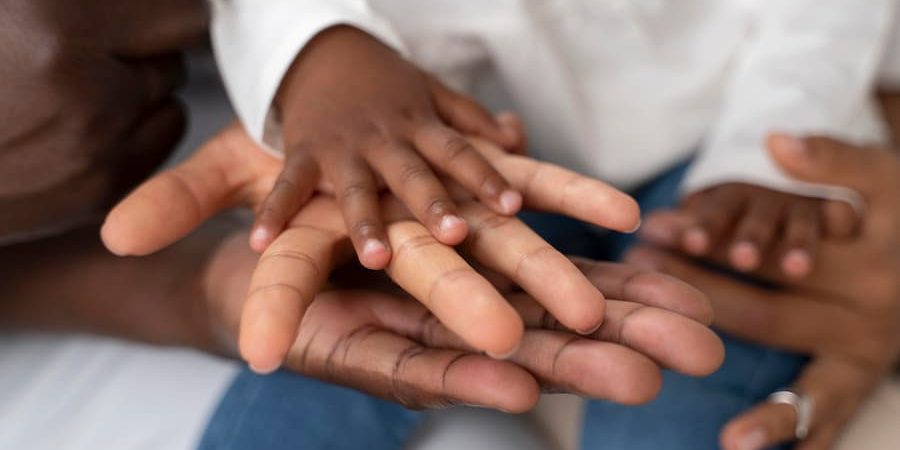The past weekend, our corporate social responsibility (CSR) initiative led us to visit a children’s home in Ruiru. The Centre provides a home for over 40 children, both boys and girls, aged 1 to 18. The sparks of joy in the eyes of the children during the visit was a refreshing sight to behold although it also left me with a sense of melancholy.
Numerous thoughts crossed my mind. One concern was the immense pressure that owners and managers of these homes must experience. If, for example, a two-parent household can feel overwhelmed caring for two children, one can only imagine the challenges faced by caregivers in children’s homes who have to attend to a multitude of children with diverse backgrounds and varying vulnerabilities.
Children’s homes play a vital role in addressing a significant societal gap by providing shelter and care for children who might otherwise end up on the streets due to lack of parental care.
How can citizens in this country support or enhance the endeavors of these homes in providing care and attention to vulnerable children who require parental support?
We propose foster care as a potential solution!
In contrast to the common narratives in many countries where people often discuss their upbringing in foster homes, foster care in Kenya has not gained significant traction. If it is indeed happening, it has not received adequate attention for its meaningful contributions. Foster care entails offering a temporary residence for a child who cannot reside with their biological family for reasons such as desertion, incapacity or death.
In Kenya, the legal framework for child care and protection is outlined in the Children Act, No.29 of 2022 and it does indeed provide for adoption and guardianship. http://kenyalaw.org/kl/fileadmin/pdfdownloads/Acts/2022/TheChildrenAct_2022.pdf.
Guardianship for children, may be established when parents are for diverse reasons unable to care for their children. It can be granted through a legal process involving the courts or by will or appointment through a parental responsibility agreement. The guardian assumes the responsibilities of a parent for a child. It is distinct from adoption.
Adoption entails a legal process through which a person or a couple assumes the parental responsibilities for a child who is not biologically their own. Once process is finalized, the adoptive parents have the same legal rights and obligations as biological parents, and the adopted child is treated as if they were the biological child of the adoptive parents.
Our Children Act 2022 does not explicitly refer to the term foster care but the concept still aligns with guardianship and the responsibility to care for a child’s well-being. Fostering comes in as a complementary solution to what children’s homes are doing as it allows children to experience family life on a temporary basis thus is in the best interest of a child who would otherwise have not parental care and support.
As we advocate for increased societal focus on implementing foster care, it is crucial to establish specific guidelines or regulations that clarify and streamline the fostering process within the existing guardianship framework. Thankfully, the Act empowers the Chief Justice to formulate rules for overseeing guardianship procedures. Therefore, we should actively push for the development of precise regulations that comprehensively address fostering.
In addition to encouraging community and government agency collaboration with NGOs to promote awareness and support for fostering initiatives, it is essential to educate the public on the advantages of fostering and dispel any misconceptions surrounding it. Moreover, fostering a supportive environment for foster families, including the provision of incentives or assistance, will significantly contribute to the establishment of foster care practices in Kenya.
For those contemplating fostering a child or seeking to formalize an ongoing foster relationship to mitigate the potential risks of accusations related to child abduction and trafficking, utilizing the guardianship provisions and applying to court for a guardianship order is a viable option.
To get more insights on what guardianship is all about please see https://insights.advocates.ke/guardianship-under-the-children-act-2022/.
For well drafted precedents samples of an application for guardianship in court see https://www.acelitigator.com/product/application-for-guardianship.
To appoint a guardian for your children under a deed or a parental responsibility agreement please see https://www.acelitigator.com/product/parental-responsibility-agreement.
If you have any inquiries regarding guardianship, fostering, or adoption, feel free to reach out to us by using the “Request Consultation” button www.acelitigator.com


